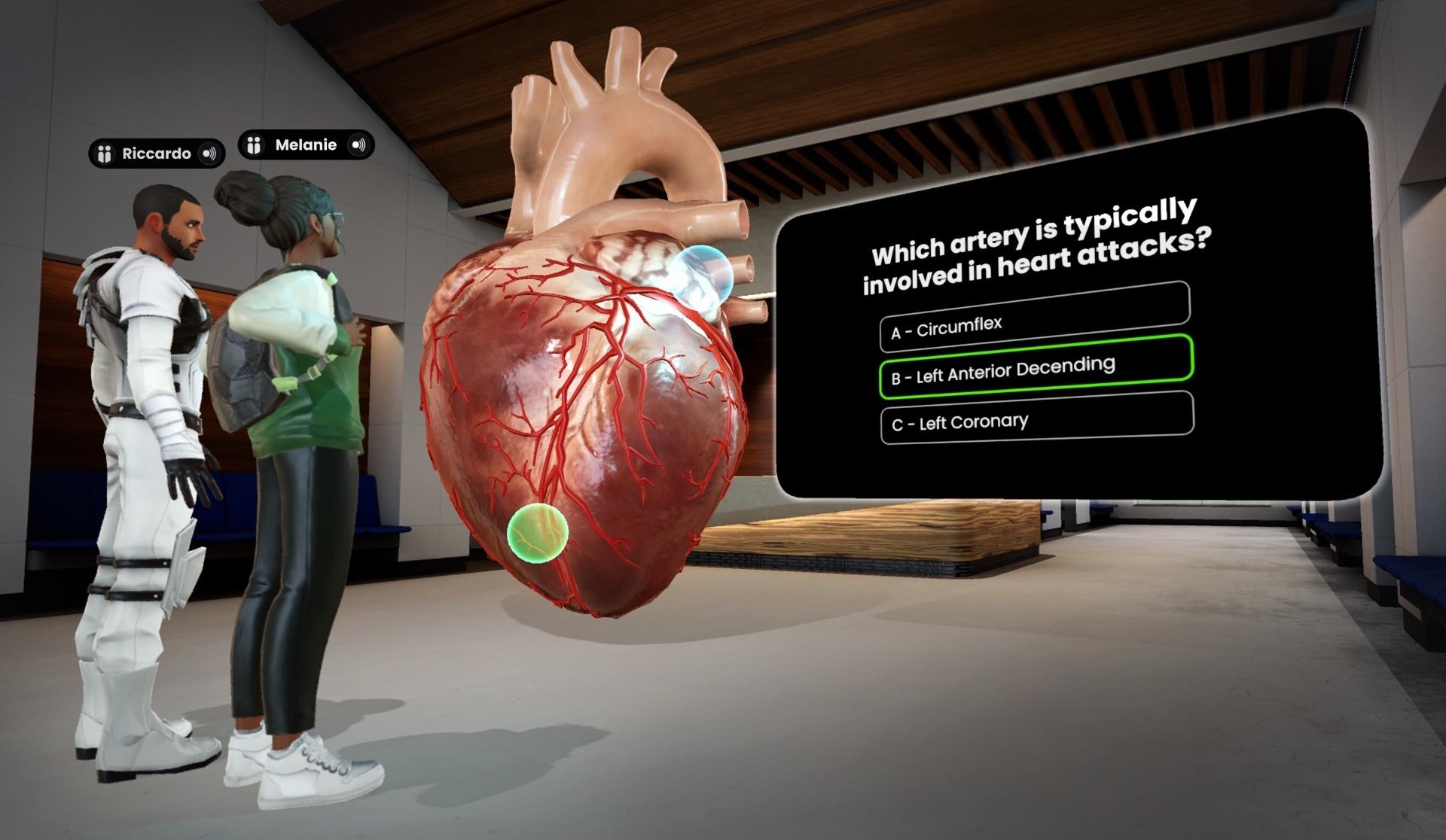The rapid developments in artificial intelligence (AI) have prompted questions about its implications in various sectors, and education is no exception. With AI’s transformative abilities already seen in areas like consumer services and professional settings, it’s worth pondering whether AI will change education. As we explore this technological marvel further, we’ll delve into how the recent advancements are shaping the future of teaching and learning, fostering a new era of personalized, immersive educational experiences.
Generative AI in Education
Generative AI, a subfield of AI, specializes in creating new data from scratch, such as text, audio, music, and images. This aspect of AI has immense potential to transform the education sector by developing content, automating tasks, and personalizing the learning experience. A prime example of generative AI can be seen with platforms like ChatGPT, which are designed to simulate human conversation and interact with users based on specific prompts. This characteristic can significantly aid in providing personalized assistance to students, answering their queries, and promoting active learning.
The Impact of AI on Teaching
AI’s influence is not restricted to students. It offers substantial support to educators by automating repetitive tasks like grading and tracking student progress. AI algorithms can provide educators with insightful data about students’ performance, highlighting areas where the student excels and struggles. Thus, enabling teachers to create a tailored curriculum that caters to the unique needs of each student. However, the objective is not to replace teachers with AI but to harness AI’s capabilities to amplify their impact.

Axon Park 3D Learning
AI-Powered Learning Platforms and Virtual 3D Environments
AI-powered learning platforms are reshaping the learning landscape by offering personalized, adaptive learning experiences. These platforms can customize content based on the learner’s proficiency, learning pace, and style, thereby fostering more profound comprehension and engagement.
Moreover, the advent of virtual 3D environments in education enables more immersive learning experiences. Such platforms can create realistic simulations where learners can interact with the study material in a dynamic, engaging manner. From virtual field trips to complex scientific simulations, these environments can transform abstract concepts into tangible experiences, enhancing understanding and retention.
Challenges and Ethical Considerations
With great power comes great responsibility. As AI continues to permeate the education sector, issues of trust and reliability inevitably arise. While AI holds immense potential, it is not entirely infallible. Transparency in AI data sets and decision-making processes are crucial to foster trust among stakeholders.
Furthermore, ethical considerations are paramount in an educational context. Questions surrounding the equitable access to AI-powered tools, the influence of AI on decision-making in education, and concerns about data privacy and security are critical. These issues require careful deliberation and sound policy development to ensure that AI serves as a tool for promoting equity and inclusivity in education.
Role of GPTs in Education
Generative Pre-Trained Transformers (GPTs) could potentially redefine the future of education. With capabilities like language generation, GPTs can serve as virtual tutors, helping students with their queries in real-time. They can also generate learning content catered to the learner’s needs. Furthermore, GPTs can enhance remote learning experiences, breaking geographical barriers and making quality education accessible to all.
The Future of AI in Education
As we forge ahead into the digital future, AI’s role in education will continue to evolve. Tools like GPTs and virtual 3D environments will become even more sophisticated, creating unprecedented learning experiences that cater to diverse learning needs. Moreover, with the rapid advancements in AI, the global education landscape stands to gain substantially, transforming learning experiences and outcomes.
As we embrace this transformative journey, the role of educators will not diminish but evolve. They will need to adapt to this change, learning to use AI as a tool to amplify their efforts. It is equally crucial for educational institutions to provide the necessary support to educators, helping them navigate this digital revolution.
In Summary
In summary, it is evident that AI will indeed change education. AI’s potential lies not only in enhancing student learning but also in supporting educators and revolutionizing traditional pedagogical models. While we tread carefully, addressing ethical considerations and fostering transparency, the amalgamation of AI in education seems not only promising but inevitable. Thus, educators and educational institutions must adapt to these changes, leveraging AI to foster a more engaging, inclusive, and personalized learning environment. AI’s role in education is not of replacement, but enhancement – enhancing our capabilities, experiences, and horizons.
If you’re intrigued by the prospect of integrating AI into education, we invite you to engage with us at Axon Park. We’re passionately committed to harnessing these advanced tools to empower learners across the globe, unlocking unprecedented potential and fostering excellence in all.



